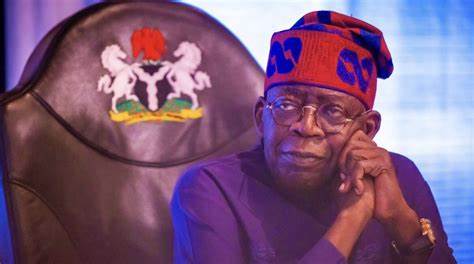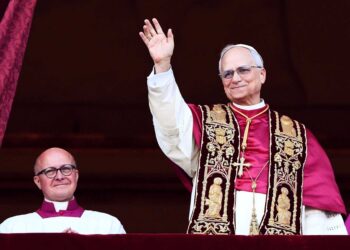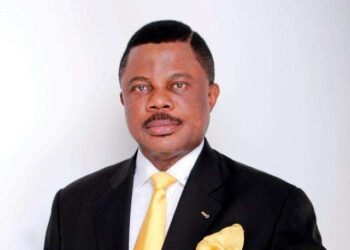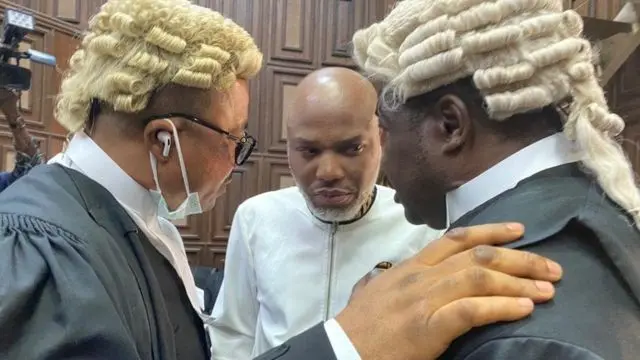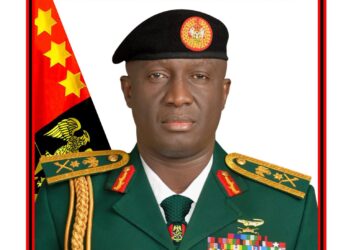The Presidency has assured Nigerians that President Bola Tinubu will shortly unveil a new list of ambassadorial nominees to fill vacant positions across the country’s 109 diplomatic missions worldwide, ending a prolonged leadership vacuum that has weakened Nigeria’s international influence.
Bayo Onanuga, Special Adviser to the President on Information and Strategy, made the disclosure on Sunday in response to growing criticism over the extended absence of substantive ambassadors at Nigerian embassies and high commissions since the recall of all envoys in September 2023.
When pressed on the specific timeline for the appointments, Onanuga indicated that the announcement was imminent. “He is going to do it very, very soon,” the presidential aide stated, without providing an exact date.
However, a presidency source speaking confidentially suggested that the list could be made public before the end of the current week, potentially coinciding with one of President Tinubu’s scheduled trips. “The list may be released before the end of the week. The President is travelling this week; maybe it will be released when he travels,” the source revealed.
Nigeria’s diplomatic network comprises 76 embassies, 22 high commissions, and 11 consulates spread across the globe. Since Tinubu ordered the wholesale recall of ambassadors in September 2023 as part of what the government termed a comprehensive diplomatic review, these missions have been operating under the leadership of chargés d’affaires or senior consular officers.
The prolonged reliance on acting heads of mission has reportedly diminished Nigeria’s diplomatic effectiveness, as chargés d’affaires operate with significantly limited mandates compared to fully accredited ambassadors. Several foreign governments accord reduced recognition and access to chargés d’affaires, effectively constraining their ability to advance Nigerian interests or engage at the highest levels of host governments.
Diplomatic analysts have warned that this vacuum has contributed to Nigeria’s reduced international influence over the past year, with some linking the weakened diplomatic posture to recent tensions with major powers. The escalating friction with the United States, including President Donald Trump’s controversial allegations about religious killings in Nigeria and threats of military intervention, has been cited as an example of how the absence of senior diplomatic representation may have hampered Nigeria’s ability to effectively manage bilateral relationships.
According to insider reports, President Tinubu had previously submitted a list of ambassadorial nominees to the Senate several months ago, and the upper legislative chamber had completed screening exercises, including security and background checks on the proposed envoys.
However, the announcement was delayed as the President ordered what sources described as a “final cleanup” of the list to address changes that had affected some nominees since the initial submission. These changes reportedly include the deaths of some proposed ambassadors, retirements from service, and situations where certain nominees now have less than one year remaining before their mandatory retirement, making them ineligible for the posting under civil service rules.
The review process was necessary to ensure that only eligible and available candidates appear on the final list presented to the Senate for confirmation, sources explained.
Nigeria’s diplomatic missions play crucial roles in advancing the country’s economic interests, protecting Nigerian citizens abroad, managing bilateral relations, and projecting the nation’s influence in international forums. The extended leadership vacuum has raised concerns about missed opportunities for trade negotiations, investment promotion, and diplomatic engagement at a time when Nigeria faces multiple external challenges.
Career diplomats and foreign policy experts have repeatedly called on the Tinubu administration to urgently fill the ambassadorial positions, arguing that Nigeria cannot afford to continue operating with reduced diplomatic capacity given the complex global environment and the country’s own pressing need for international partnerships on security, trade, and development.
The September 2023 recall of all ambassadors was initially presented as a routine exercise allowing the new administration to appoint its own envoys, a practice common when new governments take office. However, the extended delay in naming replacements—now stretching beyond a year—has been unusual even by Nigerian standards, where such transitions typically take several months rather than over a year.
As the week progresses, attention will focus on whether the Presidency follows through on the indication that the ambassadorial list will be released imminently, bringing closure to a process that has left Nigeria’s diplomatic representation in limbo for an extended period.
The Senate, which must confirm the nominees before they can assume their positions, is expected to move swiftly once the list is formally submitted, given that preliminary screening work has reportedly already been completed on the original nominees who survive the ongoing review process.

